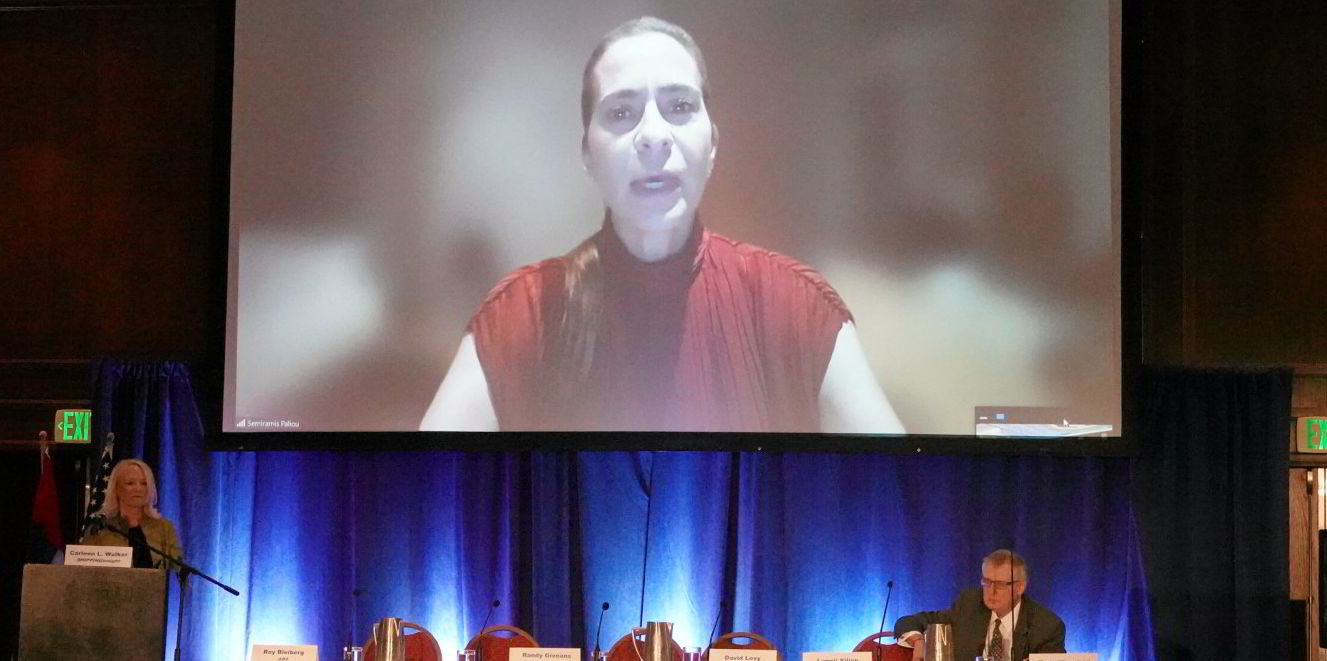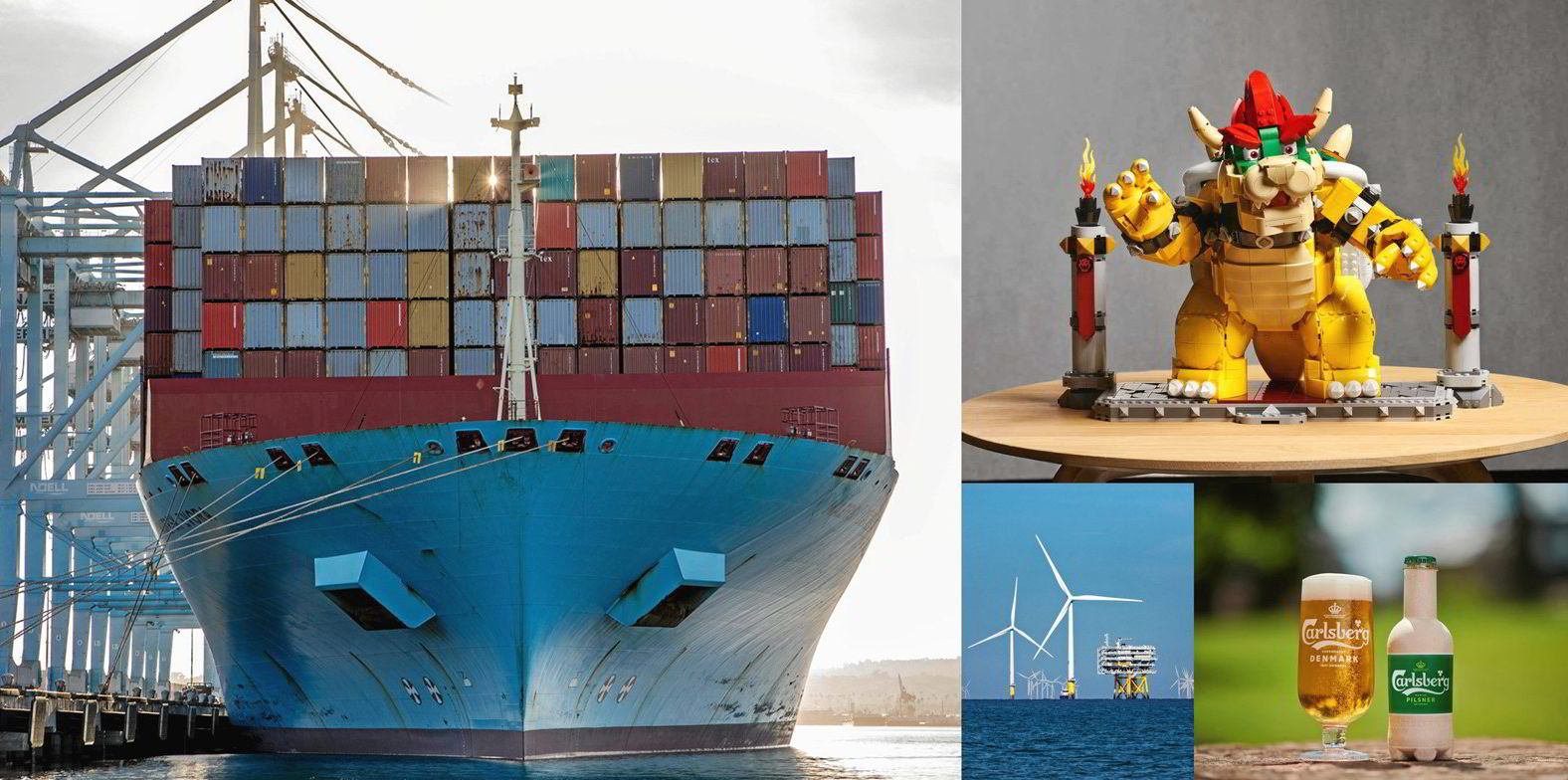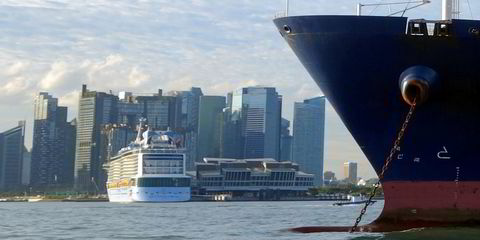Shipping was traditionally an industry in which most companies were focused on keeping down costs, and not on crew well-being, the environment and public perceptions.
“Today, the pressure is on,” Diana Shipping chief executive Semiramis Paliou told the SHIPPINGInsight 2022 conference in Stamford, Connecticut.

She said sustainability is no longer optional for the industry as stakeholders demand change, but a generation of new leaders has environmental, social and governance (ESG) factors as part of their vision.
“Our stakeholders and society demand from us a sustainable industry. It is no longer a choice but a one-way road,” she said.
“What is needed now is openness and collaboration, characteristics not seen in shipping up until recently.”
The dry bulk executive told the fleet optimisation-focused conference that amid the transition, shipping companies should see themselves as peers facing the same challenges, rather than competitors.
They need to work together to change best practices and share difficulties, risk and information.
Collaborating can take place without abandoning the principles of market competition.
New leadership
Paliou acknowledged that collaboration requires culture change for what has traditionally been a secretive industry.
Yet she expressed optimism that new leadership is helping the industry embark on a decade of change, by embedding a culture in their companies that fosters change and is proactive rather than reactive.
“The new leaders of shipping, several of which now are women, have brought with them passion and new mindsets that have adaptability, openness, collaboration and empathy,” she said.
“They govern with vision, determination and a strong sustainability strategy.”
Paliou said that although decarbonisation is at the forefront of the ESG discussion in shipping, the social and governance pieces of the framework are of equal importance.
She said the industry must focus on equality, diversity and inclusiveness, to listen to all its stakeholders, including seafarers and customers.
Companies also need to retrain their workforces and increase their skills, so that employees can not only participate in but also drive change, Paliou argued.
In governance, companies need risk assessments, procedures and policies, and change management.
“All three pillars above form the ESG framework, like a puzzle, where we need to work simultaneously on all three areas, the E, the S and then the G,” she said.
“And once the pieces all fall in place, then we will have successfully transformed into a sustainable maritime industry.”





